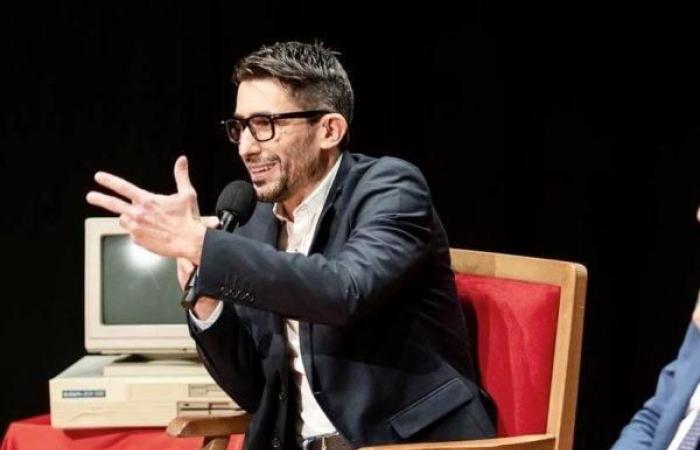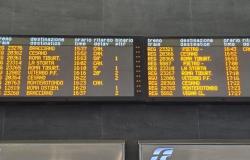Rome, 19 June 2024 – ‘Páthei máthos’, ‘You learn by suffering’. I left home with a sheet of a squared notebook crumpled at the bottom of my jeans pocket on the morning of Italian assignment for the 1999 state exams. I hoped it was a good omen. It was a phrase from Aeschylus that my parents had transcribed and given to me a few years earlier, during a painful period of adolescence. Already. You learn by suffering. I hadn’t slept a wink all night. I had observed the stars from the terrace until I felt my corneas burning and at dawn on that fateful day in June, with sweaty eyes and hands in my pockets, I found myself catapulted in front of the dark door of my classical high school, the ‘Marsilio Ficino’ of Figline Valdarnoin the province of Florence.
Before starting the Italian test, I turned to mine classmate. We exchanged the usual knowing look. In the depths of her blue eyes this time, however, I read fear and an indefinite trail of melancholy. “Once the exams are over we will lose sight of each other, we will scatter like leaves from the same tree on an autumn street on a windy day – he whispered to me –, I can feel it”. “We will never get lost,” I told him firmly, but as I lowered my head, I felt something crumble inside forever. Because the real secret of the final exam, the one that over half a million students will begin this morning, 25 years after mine, still with the Italian test, is not hidden much and only in the grade, in the questions, in the topics, in the logic of an equation or in the exact translation of an unknown word. The secret of the final exam is still hidden today in the catharsis which, as in an ancient sacred and pagan rite, takes place not so much in every student, but in every human being.
The exam, with his full of anxieties, dreams and madnessand the entropic mixture of chemical elements and feelings that blend together and which, as in a volcano that has been extinct for centuries, rise to the surface, in an evolutionary catharsis, marking the crucial passage, the astral alignment, between the age of youth and adulthood. And therefore the real mission is not whether you are ready to answer a question that you don’t know from a professor who terrifies you, but whether you are ready to cross the river of life alone and become a man. Because the journey has no return. Today the charm of this passage has been somewhat lost. For many students, that transition has already occurred with early admission to the university’s spring tests.
Maturity thus risks losing its value collective rite of initiation into adulthood, in a society where rites of passage are increasingly uncertain. By profession I tell the stories of some forgotten people of the 20th century in Italian high schools. A few weeks ago, in an institute in Brindisi, I asked the kids if they were ready for the exam. The first one, the one in front of me, filled his eyes with tears, he didn’t answer. At the end of the meeting, his partner approached me and whispered: “Marco didn’t answer, his parents died in an accident not long ago, he’s desperate.” As I was leaving the classroom I ran into Marco again, I wanted to tell him a thousand things and talk to him about my parents’ note. I could only hug him. When I released him, I saw an unmistakable tattoo on his left forearm: ‘Páthei Máthos’. ‘He learns by suffering’. We looked into each other’s eyes. He had already passed the exam.






